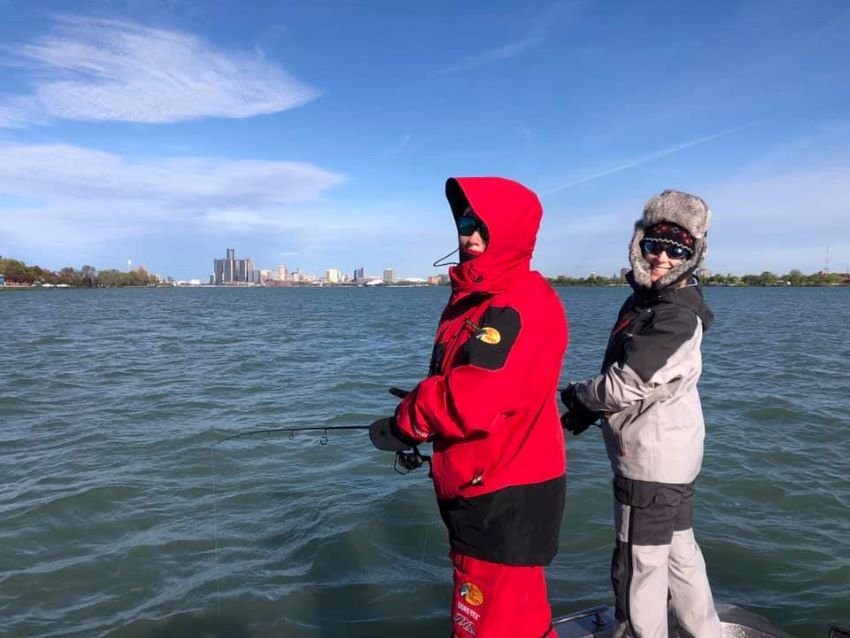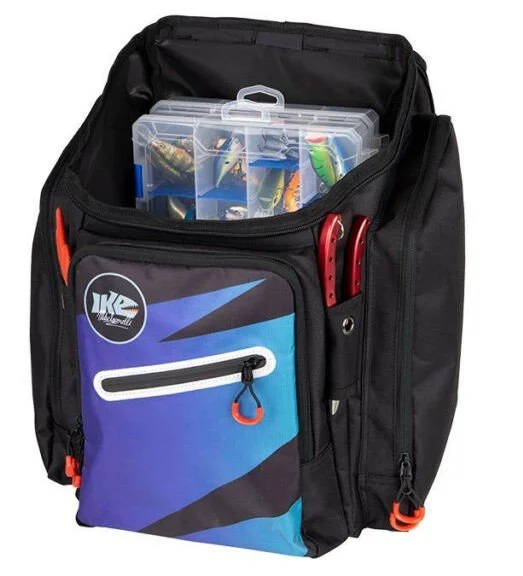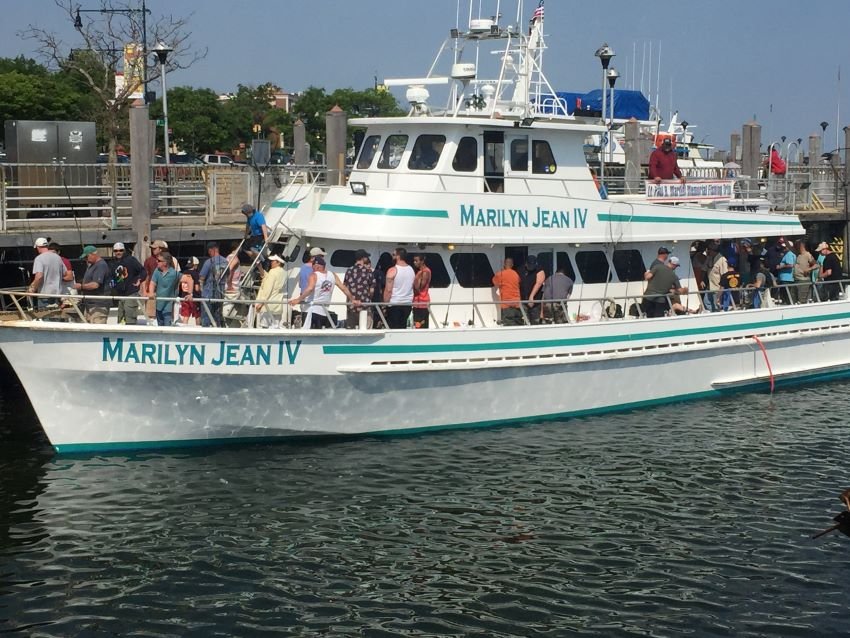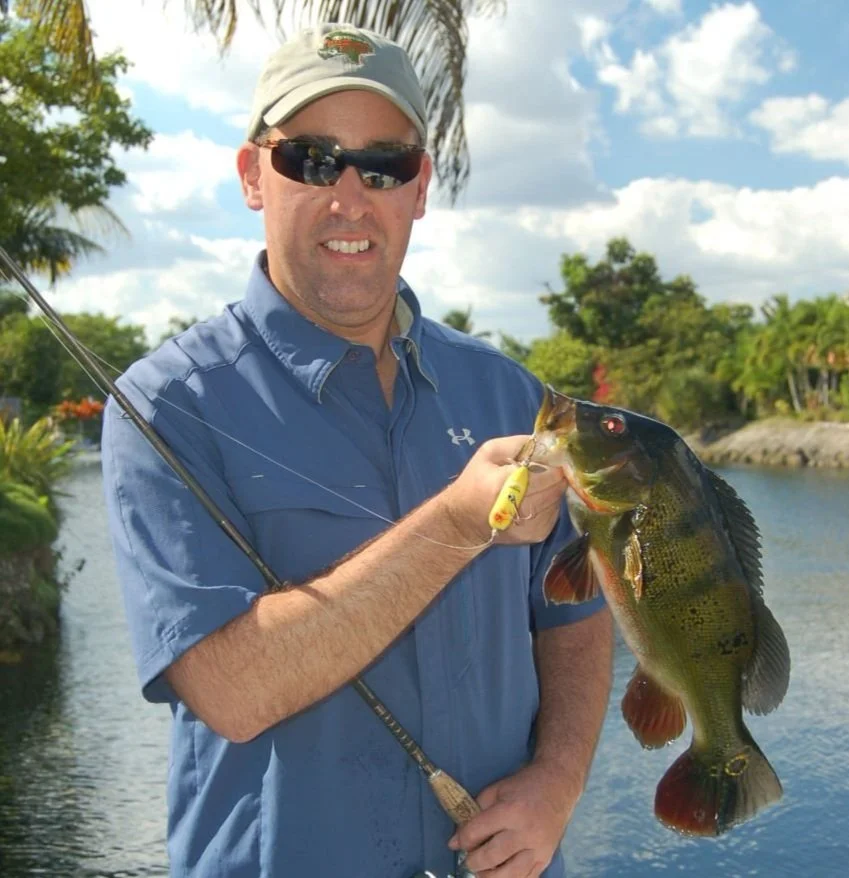An Intro to Urban Fishing
While fishing is often thought of as a pastoral and contemplative sport that benefits most from remote settings, urban fishing continues to grow in popularity in the United States. It stands to reason – many of our largest cities were built as shipping ports or centers of industry on major bodies of water – these include, of course, Miami, NYC, New Orleans, Chicago and Los Angeles – and despite the fact that urban pollution has sometimes harmed these waters, strong regulations and legislation have served to revitalize even some of the most degraded among them.
Of course, most of the US population lives in or near a major urban center. While they may not have access to backyard farm ponds, there’s often plenty of other water – fresh and salt, natural and man-made. Indeed, it’s possible to become an exceptional angler in these environments. Mike Iaconelli, the 2003 Bassmaster Classic champion, was raised around Philadelphia and proudly describes himself as a “city kid.” He even developed a television program called “Fish My City” to highlight some of the unknown but prolific urban fisheries.
Furthermore, a high percentage of the country’s wealth is concentrated in a limited set of urban areas. Many of the people holding such wealth like to fish, but may not have time to leave the city to do so. Thus, there are ample opportunities to fish within cities – for example, in New York City there are several options within Central Park, and you can be picked up by a charter boat from the docks adjacent to the financial district.
Just because you don’t live in Mayberry doesn’t mean you can’t enjoy this great sport.
Some US Cities with Known World-Class Fisheries
Our home waters are the Potomac River, and while for traffic-based reasons we only occasionally fish in the DC segment of the river, there are ample opportunities there to catch largemouth and smallmouth bass. It’s a great place to get an iconic picture of yourself fishing in front of the Washington Monument, the Kennedy Center, or another famous building. Just upstream lies Fletcher’s Boathouse, which has a famous shad run each spring.
That’s not the only major urban area we’ve fished out of:
In my college days, I frequented the “party boats” of Brooklyn’s Sheepshead Bay for bluefish and stripers.
We fished with guide Alan Zaremba for peacock bass in the canals directly behind the Miami airport.
One of Hanna’s favorite all-time trips was her ladies walleye/smallmouth adventure on the Detroit River, which connects to Lake St. Clair where we’ve taken multiple musky trips.
When I covered the 2011 Bassmaster Classic, Kevin VanDam won very close to the city of New Orleans.
It’s not just limited to the US: One of my dream trips is to jig and pop in for a variety of exotic species in the shadow of Dubai’s futuristic skyline.
Things to Remember
Respect Property Rights – Just as you wouldn’t jump someone’s fence to fish their pond uninvited, you need to be well aware of where you’re fishing and whether your access is prohibited. There’s a fine line here – many of the clearest and most accessible spots are heavily fished, so you’ll want to find your own, but don’t trespass or otherwise put yourself in peril.
Safety Applies Everywhere – I know that there’s a bias against urban areas from a safety perspective in some quarters, but I know that you’re just as likely to get accosted by a criminal or meth head at a rural boat ramp as you are at an urban park. Still, take precautions. Tell people where you’ll be, carry a cell phone, and don’t go into known dangerous areas when others won’t be around.
Follow the Regs – You still typically need to hold a valid fishing license, and if you intend to keep your catch both size and number limits may apply. Some urban fisheries may have water-specific guidelines (e.g., particular type of tackle, barbless hooks, special trout stamps, etc.)
Seek Out Local Resources – In order to bolster local fishing efforts and make use of their watery natural resources, many localities engage in extensive stocking and management programs. They may also have days where a fishing license is not required, as well as instructional classes for beginners. If you can’t find this information online, call up someone at the state fish and game office or your local park district and ask. You’ll be surprised at how much information you might get.
Keep it Clean – As with anywhere you fish or otherwise visit, littering is unacceptable. Pack a trash bag with you and take out not only you own rubbish, but also any beer cans, worm tubs or other garbage you might find.
Portability Matters – While many urban fisheries can be accessed from a boat, one of the best aspects of pond and canal hopping is the flexibility to hit several different waters in a day. That means that your tackle needs to be compact and easily packed. Versatility matters, too. Unless you are going after a specific species, you might want something that can handle everything from crappies and stocker trout to monster catfish reasonably well. Modular tackle systems are ideal and a medium action spinning rod or medium-heavy baitcaster will cover a lot of bases.
Products for Urban Anglers
There’s a chance that you city dwellers need a dually or another XXL vehicle for your daily use, but there’s just as much likelihood that you drive a subcompact or take a bus or subway to your fishing destination. Toting that 8-foot flipping stick is going to be a challenge. Think multiple-piece rods with a high-end reel and a tackle selection that you can carry on your back or around your waist.
Check out our “Travel Rod Resource Library” to explore a full range of both affordable and high-end rods.
If you’re going to be on foot, get comfortable shoes (ideally waterproof and thornproof) and pants that will protect you from heavy foliage. Don’t forget insect repellent and check yourself for ticks and bites when you get home.
The specific tackle you use will depend on where you’re fishing and what you’re trying to catch, but no matter where that leads you, a good backpack, shoulder sling or waist pack is a great way to stay mobile and keep your hands free. Here are several available from Tackle Warehouse from companies known for quality products.
















